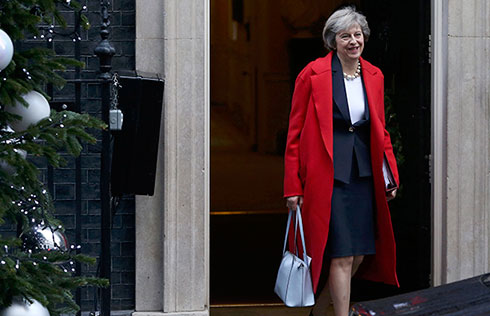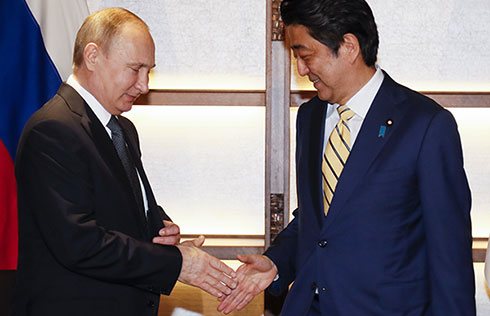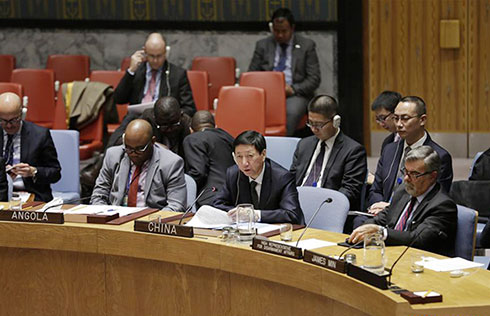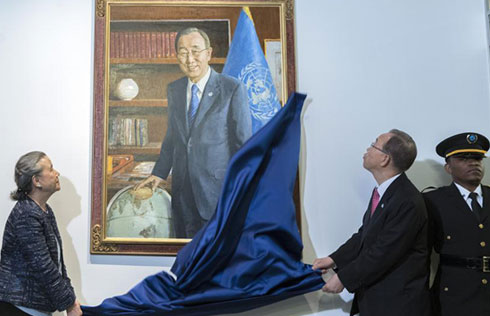Kissinger, Xiang: 'Optimistic' about US-China Relationship
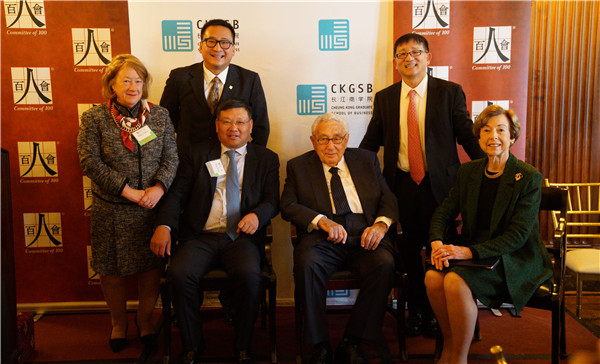 |
|
Leaders and guests pose for photo at a panel discussion US-China Relations in the Trump-Xi Era, which was held by the Cheung Kong Graduate School of Business (CKGSB) and the Committee of 100 in New York on Wednesday. Sitting (from left): Bing Xiang, founding dean of CKGSB; former secretary of state Henry Kissinger; and Carla Hills, former United States Trade Representative. Standing (from left): Mary Wadsworth Darby, senior director of CKGSB Americas; Frank Wu, chairman of the Committee of 100; and Cheng Li, director of the John L. Thornton China Center at Brookings Institution. PROVIDED TO CHINA DAILY |
Kissinger, who has briefed President-elect Donald Trump on China policy, struck a positive note on the future of US-China bilateral relationship during the event on Wednesday.
"I believe there is an unusual opportunity for synchronizing the actions of the two countries," he said. "It is so clearly in our national interests. I am optimistic that the cooperative way will prevail."
Xiang Bing, CKGSB's founding dean and professor of China business and globalization, emphasized the opportunities and responsibilities that lie ahead of the US and China during his speech.
"There are ongoing disruptions in economic development models, technology, social changes, global trade and investment systems, global governance, geopolitics, as well as climate change and sustainable development," said Xiang. "As a result of these transformations, this may be the best of times or the worst of times. China and the US have a joint responsibility to make it the best of times for humanity." Xiang also stressed that the US and China face similar challenges — combating income inequality and supporting the middle class — and that these challenges can be addressed through bilateral collaboration. He used the example of Apple's iPhone to illustrate his point. While Apple employs many Chinese to make the phone, China's economy captures less than 2 percent, or $5, of the final sales price. Workers and investors in the US get close to 60 percent of the price through high-value tasks like product design. Xiang said China's goal is to create Apple-like innovation at home, so that it can also benefit from these high-value processes, while the US's challenge is to find a way to spread the wealth of its already innovative economy more evenly among its citizens.
But neither goal, Xiang stressed, will be achieved through trade barriers, which he said will only prevent the flow of ideas and hinder collaboration.
hezijiang@chinadailyusa.com





